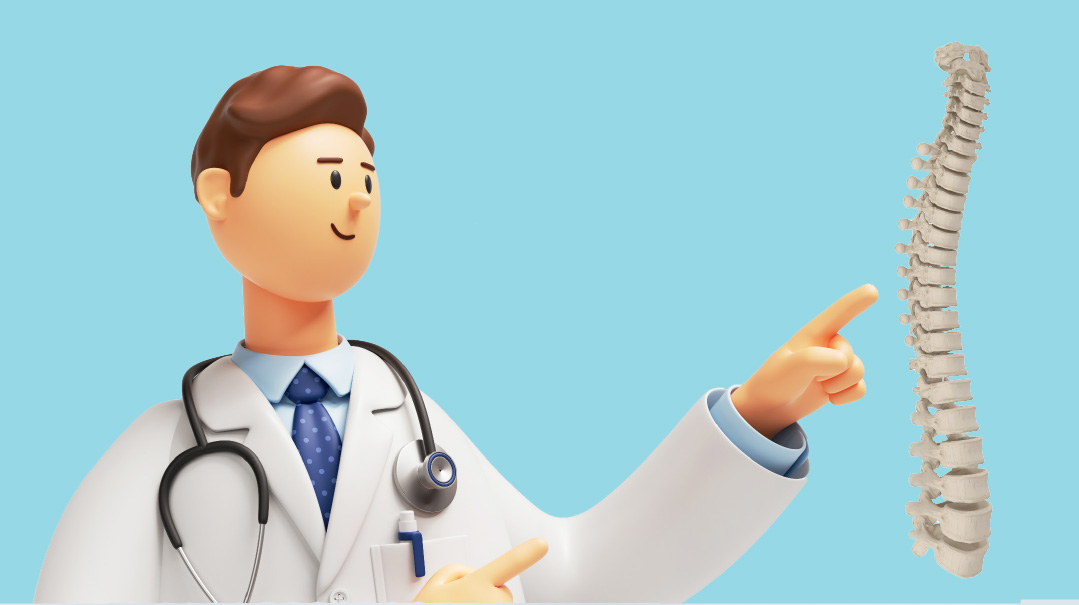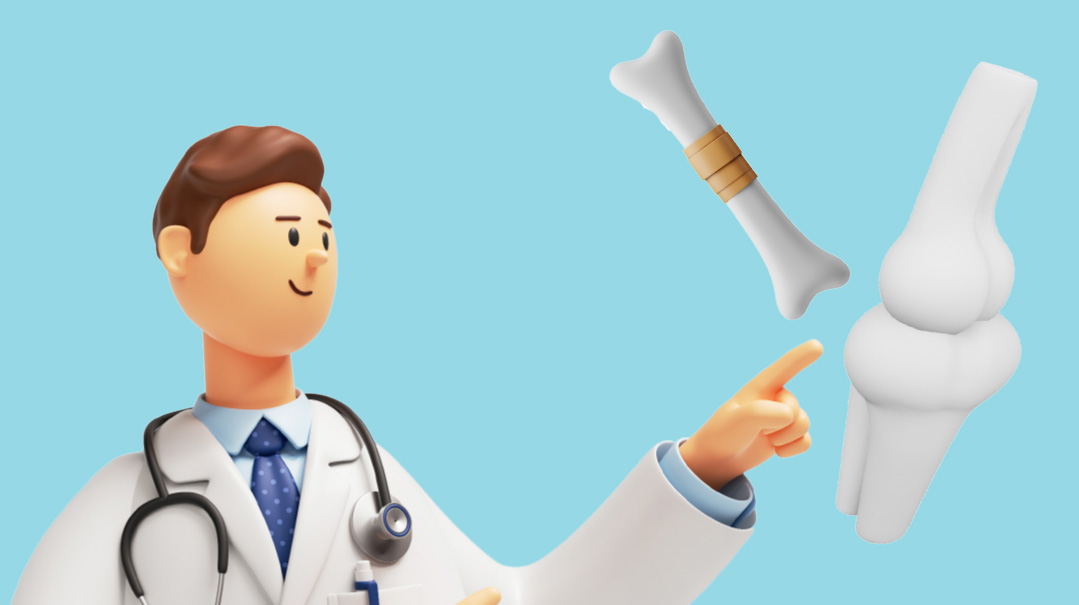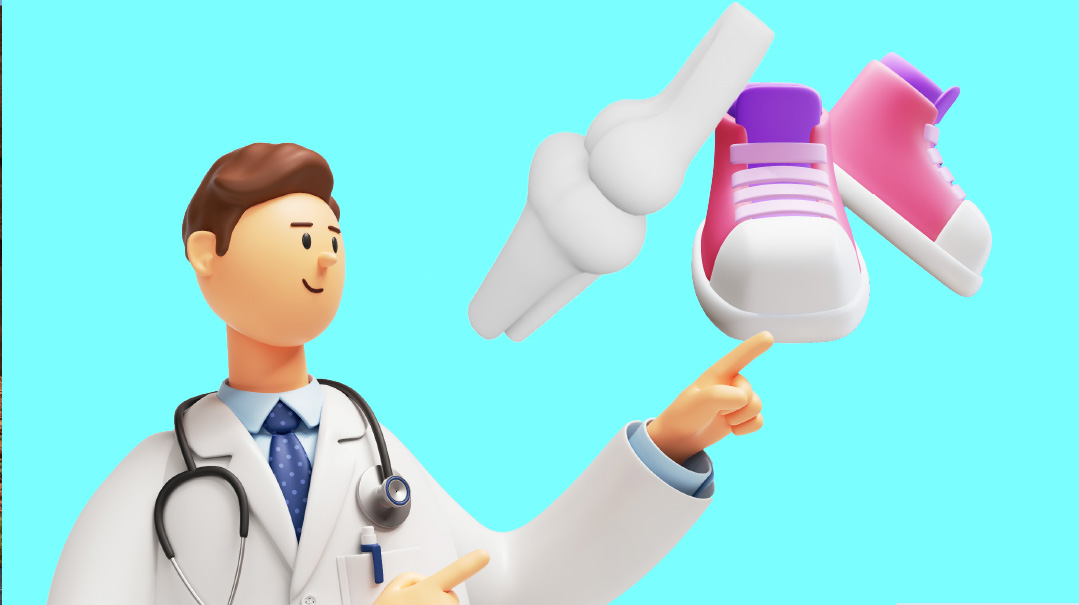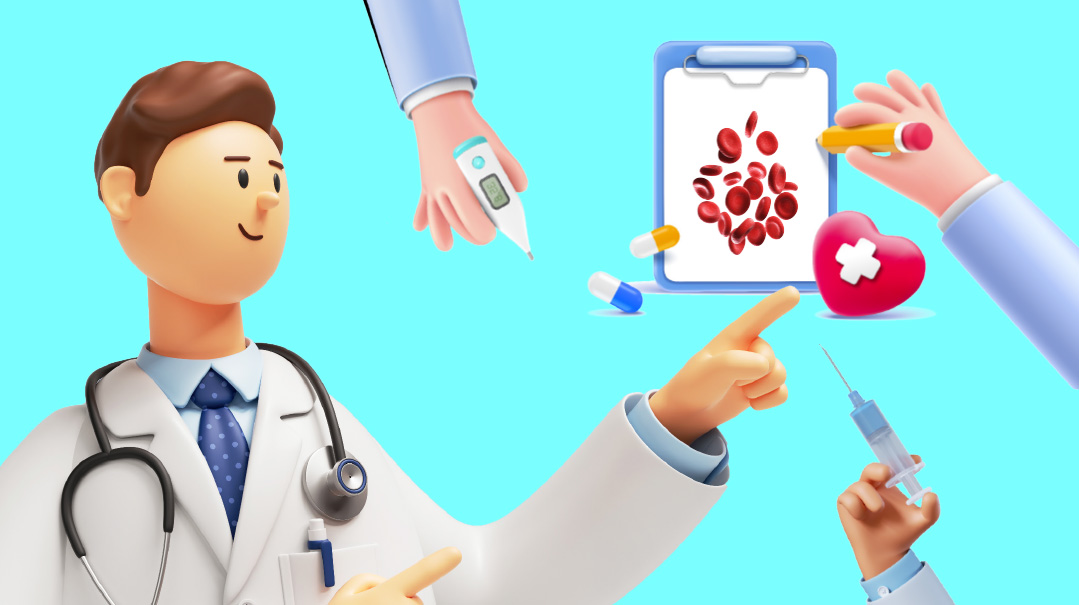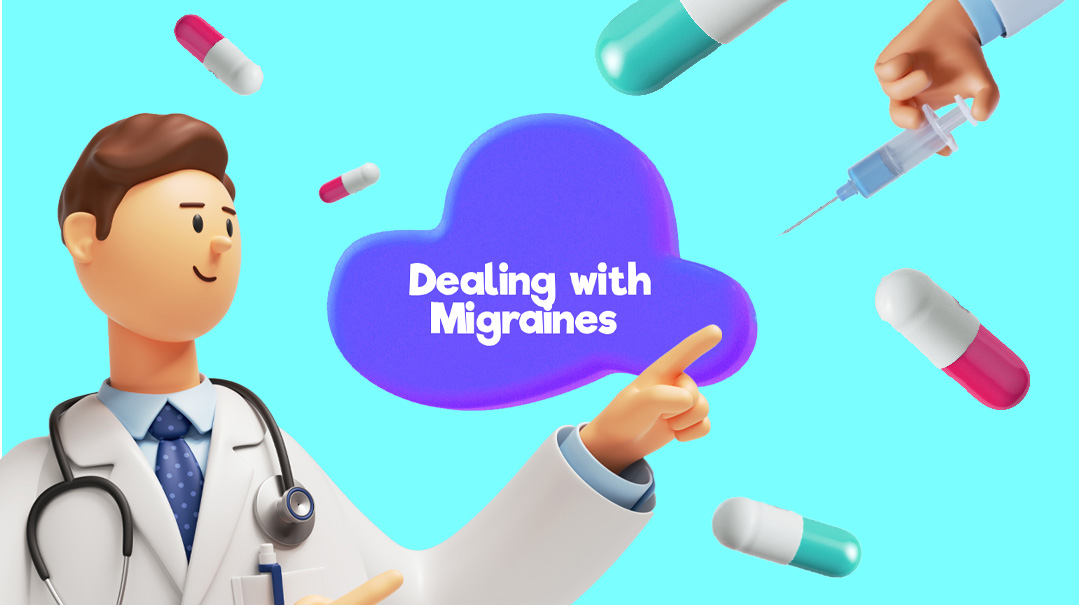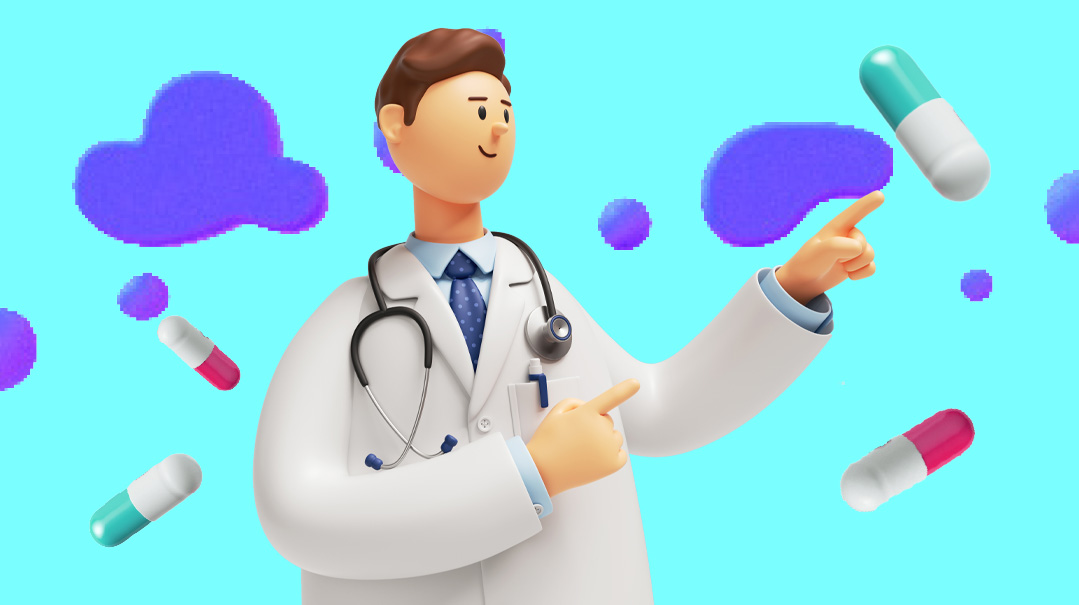Hidden Heroes Part 6/6: Dealing with Crohn’s
| January 18, 2022There is no cure for Crohn’s, but the disease can be kept under control with diet and medications and sometimes surgery
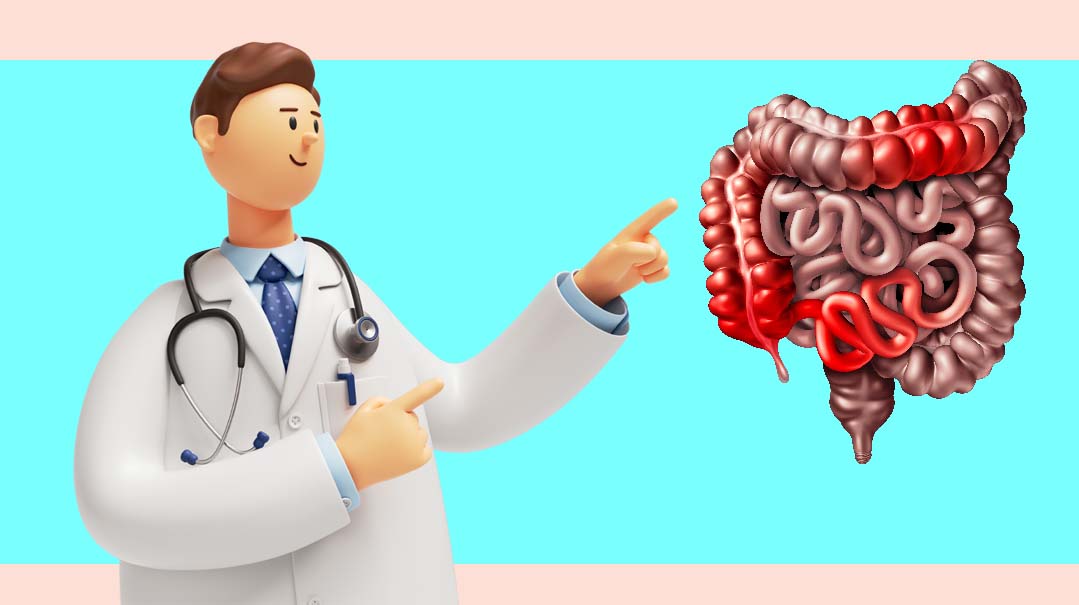
What is Crohn’s disease?
Crohn’s disease is a condition that causes chronic inflammation in the gastrointestinal tract (the digestive system). Chronic means it’s all the time; it doesn’t go away. Having an inflamed gastrointestinal tract causes uncomfortable symptoms, including stomach cramps, stomach pain, diarrhea, fever, constipation, an urgent need to use the bathroom, weight loss, and low energy.
There is no cure for Crohn’s, but the disease can be kept under control with diet and medications and sometimes surgery. The goal is to be free of symptoms for as long as possible. Some of the medications are taken orally (by mouth), while others need to be given via infusion (also known as an IV) over 30 minutes or up to several hours, usually in a hospital setting, every few weeks. Crohn’s disease damages the intestinal tract over time, so when people are first diagnosed, they are often on a very strict diet, and in some cases, are only allowed a special liquid formula instead of regular food.
Meet the Heroes
Aryeh
is the fourth out of six kids. There are three boys and three girls in his family. He likes playing football and swimming. His favorite color is orange; it reminds him of beautiful autumn leaves.
Shimon
is ten years old and loves reading comics and thrillers. He is the oldest of three brothers; he says that the best part of being the oldest is that he gets extra privileges. And can you believe that he and his youngest brother have the same birthday?
How did you find out you had Crohn’s?
Shimon: I was seven years old and was having lots of stomach pain. The first doctor my mother took me to said I had a virus and said to wait for it to get better, but it didn’t, so we went to a different doctor. He sent me for a blood test. When the results came back, he sent us to a gastroenterologist — a doctor who specializes in the digestive system.
The doctor sent me for a colonoscopy. They gave me anesthesia so that I wouldn’t feel anything, like during an operation, and then they put a camera into me to see my digestive system. Right after the test, the doctor told my parents that I had Crohn’s disease.
For the first few weeks after I was diagnosed, I wasn’t allowed to eat anything at all. The only things I was allowed to ingest were: my special formula, called Modulen, water, and flavored waters. I really wanted to eat. It was very hard. At first, I missed mostly sweets, but then I started missing real food, like chicken and rice. The first food I was finally allowed to eat again was potatoes. I was so excited; I was cheering when I came to eat supper!
Aryeh: It was summertime, and I was ten years old. I was having a lot of stomach pain, low-grade fevers, and headaches, and I didn’t have much energy. My mother saw that I wasn’t myself, so we went to the doctor, who sent us for testing that showed I had Crohn’s.
How does having Crohn’s affect your day-to-day life?
Shimon: I can’t eat a lot of foods, and I’m not allowed to have most candies, food colorings, preservatives, dairy, gluten, and saturated fats, like red meat and margarine. I still need my special liquid formula, which gives me all the nutrition I need. I also take medication orally.
Aryeh: I get sick more often than my friends because some of the medications I take affect my immune system. Sometimes I have to miss out on certain activities because I’m not feeling well.
What’s the hardest part about having Crohn’s?
Shimon: I’m very used to it, so it’s not so hard. One of the foods I miss eating is ice cream.
Aryeh: Missing out on certain activities because of stomach discomforts.
Any stories?
Shimon: Soon after I was diagnosed, we had a major siyum in class. In my cheder all the boys in the class bring a nosh to give out at a siyum. My rebbi told the boys that they should bring me a small prize instead of the nosh I couldn’t eat. I came home with over 30 prizes!
One Purim, one of my good friends gave me a great game instead of mishloach manos, which was so thoughtful and fun! I was very busy with the game over Purim.
Aryeh: At one point I had to undergo surgery. I was in the hospital over Shabbos, and a couple of my friends walked for almost an hour on Shabbos day to visit me in the hospital. They came with games and stayed with me until after Shabbos. It made my hospital stay so much easier.
I was also in the hospital over Chanukah, and they brought me presents. My great-aunt made me a nice robe with my name on it. All these things were very comforting and supportive.
The best part?
Shimon: I like going to my hospital appointments at Shaare Zedek hospital. They have a really great waiting room in the pediatric outpatient department. It has cool electronic games for which you use your body to play, like popping balloons by stomping on them. They also have small animals there, which I like, and I really enjoy the books they have. It’s easy to forget why I’m there, and sometimes I don’t want to leave because I’m having so much fun!
Aryeh: My mother takes me to Miami every year on a mandatory vacation, prescribed by my doctor, because the weather there is better for my system. That’s my perk of having Crohn’s.
Any tips for other kids with Crohn’s?
Shimon: If you believe that you’re okay, you’re going to be okay! Your mind is very powerful. I encourage myself all the time, and it makes things easier.
Aryeh: Staying active helps. Exercise, go swimming, get moving, and have fun — it’s good for you! Also, have a positive attitude! It has a direct effect on how you feel. I healed from my surgery much faster than expected, because I was determined to.
Is there something you want to remember for yourself or something that makes having Crohn’s feel easier when you think about it?
Aryeh: I try to be thankful that I have medications and doctors to help me. I also try to focus on the brachah of asher yatzar and thank Hashem for everything in my body that works well. My situation is better than that of a lot of other people with Crohn’s.
Is there something you wish everyone knew about Crohn’s?
Shimon: That having Crohn’s means I can’t eat certain foods. Also, it’s not contagious, so we can still be friends.
Aryeh: That people with Crohn’s can’t eat everything, and people should be aware and sensitive of dietary restrictions.
Crohn’s disease can be diagnosed at any age but is most commonly diagnosed between 15-35.
Crohn’s disease can also affect the joints, eyes, and skin.
Curious to know more about Shimon’s special formula, which is sometimes used in Crohn’s disease? Nestlé Health Science, the makers of Modulen, tell us: “Modulen® is a nutritionally complete powdered feed for… people with Crohn’s disease.” It can be used as a sole source of nutrition (that means the patient can survive on Modulen alone). Modulen has a “pleasant slight vanilla taste,” and can be used orally or through a feeding tube.
The exact cause of Crohn’s is unknown, but it is not caused by anything the person has done or eaten.
Jr. would like to thank all our Hidden Heroes for sharing your story and giving us great tips.
(Originally featured in Mishpacha Jr., Issue 895)
Oops! We could not locate your form.

